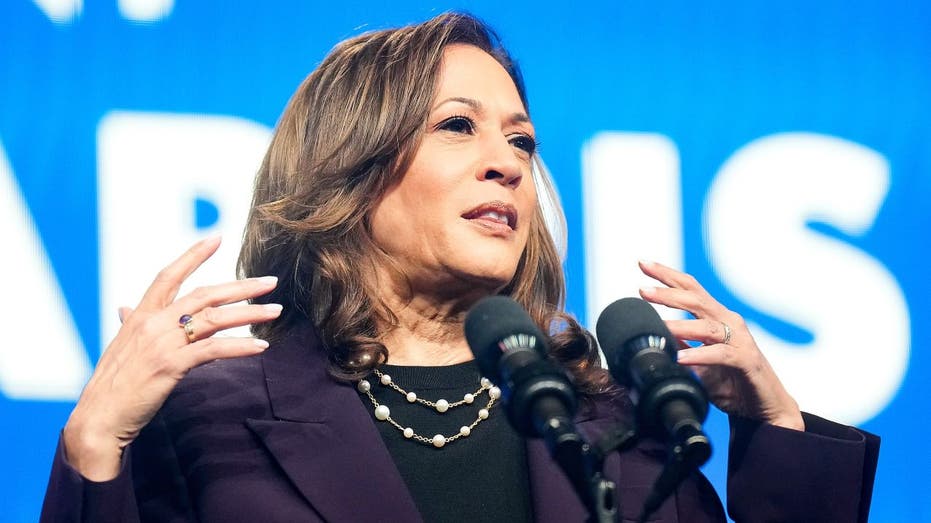Kamala Harris and the Corporate Tax Rate: A Look at Her Stance and Impact

As the first female Vice President of the United States, Kamala Harris has played a pivotal role in shaping the administration’s economic policies, including its approach to corporate taxation. Her views on corporate tax rates are reflective of broader Democratic goals of addressing income inequality, funding social programs, and ensuring that corporations contribute their fair share to the nation’s economy.
Kamala Harris’ Perspective on Corporate Taxation
Kamala Harris has consistently supported raising the corporate tax rate as part of a strategy to address income inequality and fund critical infrastructure and social programs. During her time as a Senator, Harris endorsed proposals to increase the corporate tax rate, aligning with many progressive Democrats who argue that large corporations have benefited disproportionately from the economic growth while contributing relatively little to public revenue.
In the 2020 presidential campaign, Harris advocated for rolling back the corporate tax cuts implemented by the Trump administration. The 2017 Tax Cuts and Jobs Act reduced the corporate tax rate from 35% to 21%, a move that critics argue primarily benefited wealthy individuals and large corporations, while contributing to a significant increase in the federal deficit. Harris, along with many Democrats, argued that these cuts did little to stimulate economic growth or benefit working-class Americans.
The Biden-Harris Administration’s Approach
Once in office, the Biden-Harris administration proposed increasing the corporate tax rate from 21% to 28% as part of the American Jobs Plan. This increase was intended to generate revenue for the administration’s ambitious infrastructure and social welfare proposals, including investments in clean energy, education, and healthcare. The administration argued that this tax increase would ensure that corporations pay a fair share, particularly those that have seen record profits while average workers’ wages have stagnated.
Also read. U.S. Election 2024
Harris has supported these efforts, emphasizing that a fairer tax system is crucial for reducing economic disparities and creating a more equitable society. She has also highlighted the importance of closing loopholes that allow corporations to avoid paying taxes, which she argues undermines public trust and deprives the government of critical resources needed to address social challenges.
Challenges and Criticisms
The proposal to increase the corporate tax rate has faced significant opposition from Republicans and business groups, who argue that higher taxes would discourage investment, harm economic growth, and lead to job losses. They contend that the lower corporate tax rate has made the U.S. more competitive globally, attracting investment and fostering innovation.
However, Harris and her allies counter that the benefits of the tax cuts have not trickled down to the average American. They argue that the increased revenue from a higher corporate tax rate would be better spent on public goods that benefit the entire society, rather than on increasing corporate profits and shareholder value.
The Impact of Harris’ Stance on Corporate Taxation
Kamala Harris’ stance on corporate taxation reflects her broader commitment to economic justice and her belief in the power of government to address systemic inequalities. By advocating for a higher corporate tax rate, she seeks to ensure that corporations contribute to the public good, funding initiatives that can uplift marginalized communities and create a more inclusive economy.
The debate over corporate tax rates is likely to continue as part of the broader conversation about economic policy in the United States. As Vice President, Harris’ influence in shaping these policies will remain significant, particularly as the administration seeks to balance economic growth with the need for social investment and fiscal responsibility.
In conclusion, Kamala Harris’ advocacy for a higher corporate tax rate is emblematic of her commitment to ensuring that economic policies serve the broader public interest, rather than just the wealthiest individuals and corporations. Her stance underscores the ongoing debate in American politics over the role of taxation in promoting equity and funding the common good.